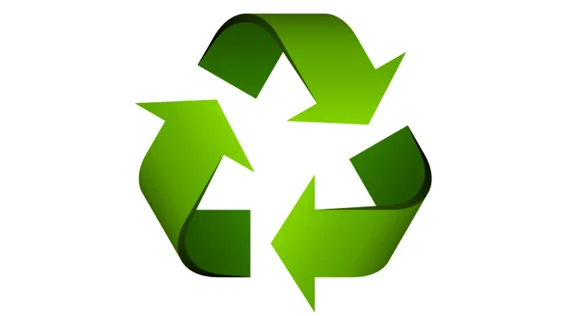
SEATTLE (Waste Advantage): The Connecticut Department of Energy and Environmental Protection (DEEP) announces $15 million dollars in grant funds available to Connecticut municipalities, councils of government, and regional waste authorities to support the development of materials management infrastructure (MMI) at the local and regional level in direct response to the solid waste disposal crisis that Connecticut municipalities are facing.
Connecticut is facing a solid waste disposal crisis, as traditional options for disposing of municipal solid waste (MSW) are diminishing or becoming more expensive. With fewer and rapidly aging disposal options in the state, residents and municipal leaders can expect tipping fees to increase at the remaining in-state waste-to-energy facilities, along with rates for out-of-state landfilling.
The MMI grant program is designed to provide municipalities and regional entities with grant funds to develop small- to medium-scale waste management infrastructure either in their entirety or as a component to facilitate the development of larger projects. Eligible proposals will support waste reduction and/or diversion with the goal of improving diversion of municipal solid waste and regaining self-sufficiency in managing MSW disposal within Connecticut’s borders.
“The Materials Management Infrastructure grant program represents another step forward by DEEP to address critical components needed to resolve the state’s waste crisis. The deployment of these funds will create solid waste management solutions that will help reduce costs and environmental impacts associated with municipal solid waste disposal,” DEEP Commissioner Katie Dykes said. “This is one of the largest investments the state has made to date in local and regional waste management infrastructure. DEEP is eager to put these dollars to work as municipalities and regional entities implement programs to improve greater system reliability, environmental sustainability, and fiscal predictability.”
To help develop workable solutions to the state’s waste crisis, DEEP created and manages the Sustainable Materials Management (SMM) Grant Program. Over the course of the last two years, the SMM Grant Program has funded waste management pilot programs in 15 municipalities, with a focus on separation of food scraps from the MSW waste stream. These pilot programs provided a wealth of data on waste diversion initiatives across a diverse subset of Connecticut’s municipalities, and demonstrated that a variety of approaches are effective in reducing costs and environmental impacts associated with MSW disposal. These voluntary programs have reduced waste by 14% and separated more than 20% of the food waste from their respective waste streams, a level that exceeds many well-established curbside recycling programs and is remarkable for temporary programs where participation is voluntary.
The results of the SMM Grant Program pilots also showed that these waste diversion strategies can achieve even greater cost savings and other benefits if they are accompanied by infrastructure upgrades to reduce handling costs and if they are implemented in coordination across multiple communities and regions. Supporting municipalities interested in pursuing these strategies will help to alleviate the state’s waste disposal crisis by reducing the amount of MSW tonnage that may be disposed of at out-of-state landfills as in-state waste-to-energy capacity declines. These strategies also help to advance progress towards the statewide 60% diversion rate set forth in Section 22a-241a of the Connecticut General Statutes.
MMI grant funds will be available for individual and groups of municipalities, and Connecticut regional entities (council of governments, regional planning agencies, resource recovery authority, recycling operating committees, or other entity representing Connecticut municipalities). Eligible applicants must submit a completed application document in conformance with the requirements of the RFA, which can be found on the Municipal and Regional Grants and Technical Assistance webpage. DEEP staff will review all the Grant Applications submitted by the deadline, December 6, 2024 on a rolling basis, with all grant awards announced by January 17, 2025.
Eligible proposals should also include a clear and comprehensive strategy and timeframe for achieving full and efficient utilization of the proposed facility or infrastructure project. Identification of municipalities and their total populations, regions and other entities, to be served by the proposed facility or infrastructure must be based upon clear, logical, and supportable assumptions or data, preferably with inclusion of letters of support from target participants. Proposed projects that are part of a regional approach to waste management will be viewed more favorably.
Courtesy: www.wasteadvantage.com



| Copper Scrap View All | |
| Alternator | 0.40 (0) |
| #1 Copper Bare Bright | 4.21 (0) |
| Aluminum Scrap View All | |
| 356 Aluminum Wheels (Clean) | 0.82 (0) |
| 6061 Extrusions | 0.72 (0) |
| Steel Scrap View All | |
| #1 Bundle | 360.00 (0) |
| #1 Busheling | 380.00 (0) |
| Electronics Scrap View All | |